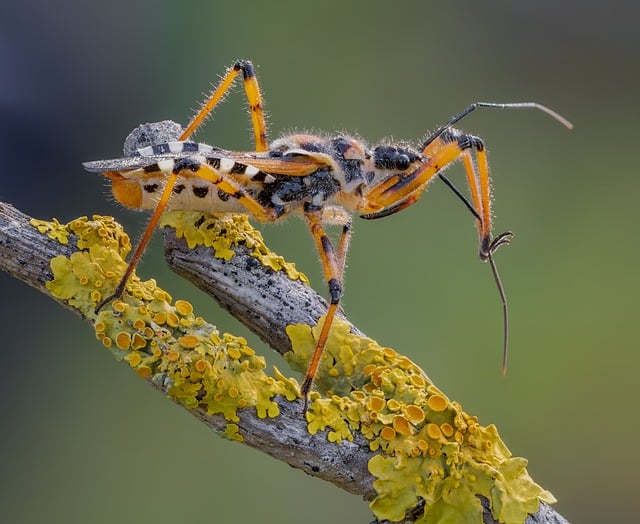Understanding common home pests like termites, rodents, ants, bed bugs, and roaches is crucial for effective bug control. A qualified bug exterminator uses chemical treatments and natural repellents for a combination of solutions. Regular inspections are key to early detection. Call a professional if signs of an invasion are present, as DIY methods may not suffice for severe infestations. Bug exterminators ensure safe, effective solutions, especially with increased bug activity or unexpected areas of infestation. Proactive measures like sealing gaps, cleanliness, and proper food storage also aid in maintaining a pest-free home. Choosing the right bug exterminator requires research, reading reviews, and verifying their credentials and service quality.
Keeping your home pest-free is essential for a comfortable and healthy living environment. This comprehensive guide delves into the world of bug control, offering insights on identifying common household pests and understanding their behavior. Learn the signs that indicate an infestation and when it’s time to call a professional bug exterminator. Discover effective strategies, safe eco-friendly options, and crucial preventative measures to secure your home against unwanted visitors. From seasonal trends to choosing the right expert, this article equips you with knowledge to maintain a pest-free haven.
Understanding Common Home Pests: An Overview
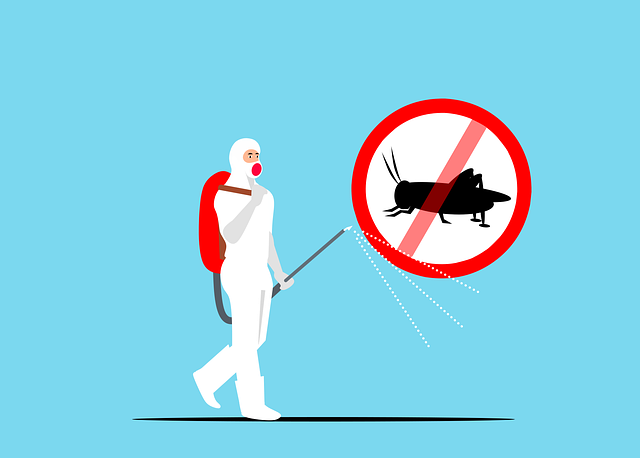
Understanding common home pests is the first step in effective bug control. Termites, rodents, ants, bed bugs, and roaches are among the most prevalent intruders that homeowners often encounter. Each pest has unique behaviors, feeding habits, and life cycles, making them require distinct approaches for extermination. For instance, termites can cause significant structural damage over time, while rodents carry diseases and pose fire hazards due to their chewing habits.
A qualified bug exterminator should be equipped to handle these issues, employing a range of methods from chemical treatments to natural repellents. Regular inspections are crucial in identifying pest presence early on, allowing for prompt action that can prevent widespread infestation and the associated damage and health risks.
When to Call a Bug Exterminator: Recognizing Signs of Infestation
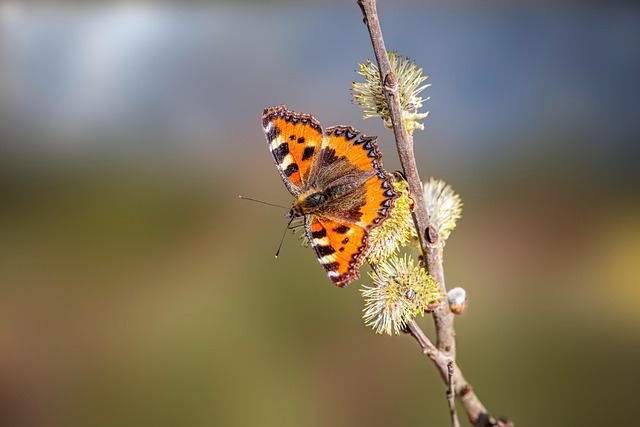
If you suspect an insect invasion in your home, it’s time to consider calling a bug exterminator. While some minor infestations can be managed with over-the-counter treatments or simple DIY methods, many common pests require professional intervention. Look out for telltale signs like small holes in fabrics, chewed wood, or unusual noises at night—these could indicate an ant, termite, or pest presence. Additionally, if you notice a sudden increase in bug activity, see bugs in areas where they shouldn’t be (like upstairs or in closed spaces), or if the infestation seems to spread despite your efforts, it’s best to contact a bug exterminator for efficient and effective solutions.
The Role of Professional Bug Exterminators in Home Protection
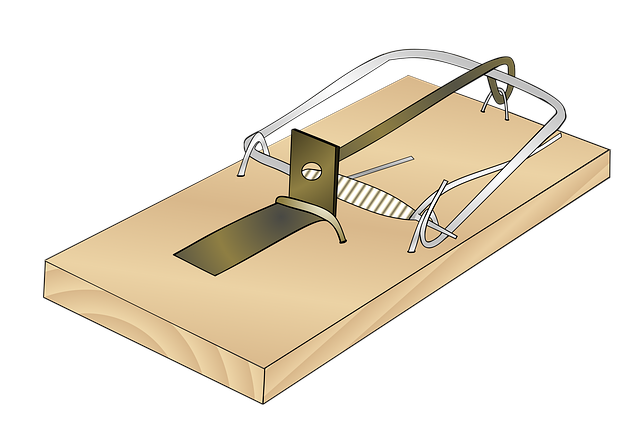
Professional bug exterminators play a crucial role in protecting homes from pest infestations, ensuring a safe and healthy living environment for residents. Their expertise lies in identifying various bugs, understanding their behavior, and employing targeted strategies to eliminate them effectively. With access to specialized equipment and treatments, these professionals can handle even the most challenging pest problems that homeowners might struggle with on their own.
Hiring a bug exterminator offers several benefits. They provide tailored solutions, customizing their services to match specific pest issues and the unique characteristics of each home. Moreover, professional exterminators use environmentally friendly methods and products, minimizing risks to pets, children, and the overall ecosystem. Regular inspections and preventative measures are also part of their service, helping to keep pests at bay in the long term.
Effective Bug Control Strategies for Your Home Environment
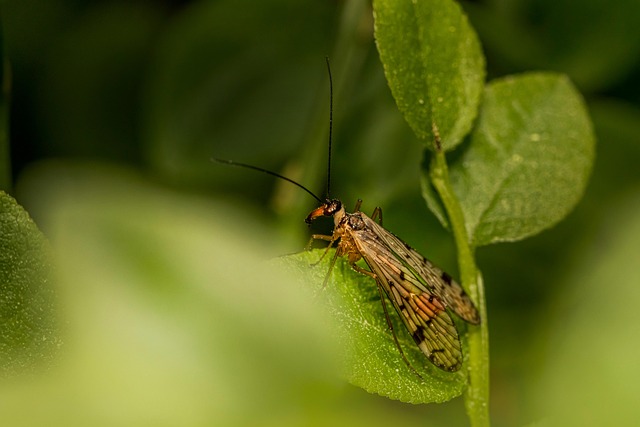
Maintaining a pest-free home is essential for a comfortable and healthy living environment. Here are some effective strategies to keep bugs at bay:
Regular inspections are key to early detection. A bug exterminator can help identify potential entry points and common habitats, allowing for tailored treatments. Implementing preventive measures such as sealing gaps, maintaining cleanliness, and proper food storage is crucial. Regular vacuuming and wiping surfaces remove allergens and deter pests. Additionally, using natural repellents like lemon or peppermint oil can be an eco-friendly alternative to chemical insecticides.
Safe and Eco-Friendly Pest Control Options for Families
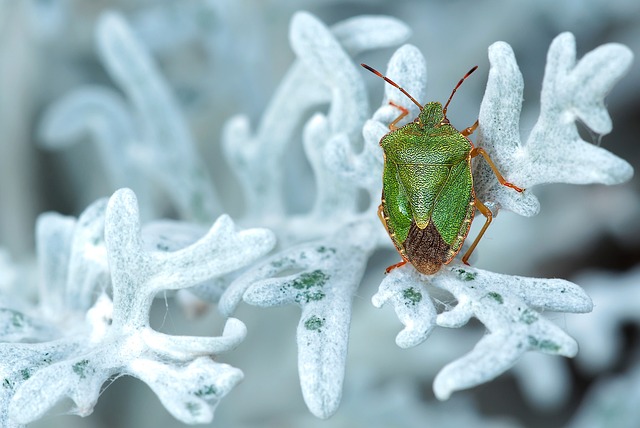
Many modern families are looking for safer, more eco-friendly alternatives to traditional bug extermination methods, especially as they spend more time at home. Fortunately, there are several effective and kid- and pet-friendly options available that can help keep pests at bay without resorting to harsh chemicals. One popular approach is the use of natural repellents like essential oils—e.g., citronella, peppermint, and neem oil—which can deter insects without endangering human health or the environment. These organic solutions are typically odorless to humans but create an unpleasant scent for bugs, making them an excellent choice for long-term pest management.
Additionally, professional bug exterminators now offer eco-conscious services by utilizing targeted treatments and advanced technology. This method ensures that only specific areas affected by pests are treated, minimizing the use of pesticides and reducing potential environmental impact. These professionals are also trained to identify and eliminate pest entry points, providing a comprehensive solution that prevents future infestations. By choosing these safer methods, families can create a healthier home environment while still enjoying peace of mind, knowing their homes are protected from unwanted guests.
Common Mistakes to Avoid During Do-It-Yourself Pest Removal
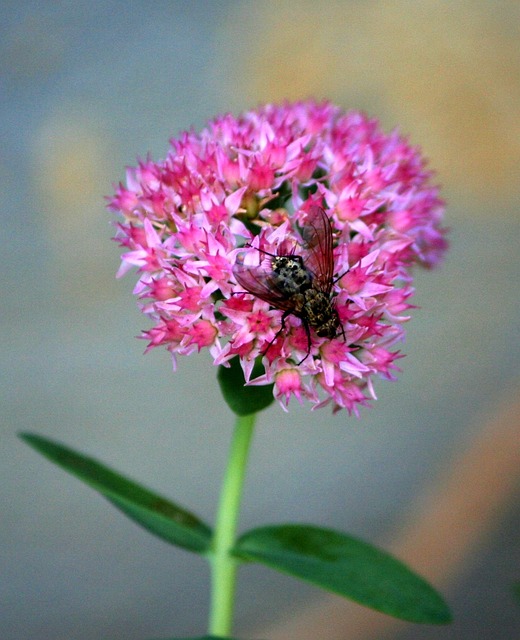
When attempting DIY pest removal, it’s common for homeowners to make mistakes that can escalate the problem. One significant blunder is ignoring the source of the infestation. Pests are attracted to food sources, water, and shelter; addressing these elements is crucial. Using a bug exterminator might seem like an immediate fix, but without identifying and sealing entry points, the issue will persist. For instance, ants are drawn to sweet substances and moisture, so leaving open containers or not fixing leaky pipes could lead to a never-ending battle.
Another mistake is relying solely on over-the-counter pesticides without proper application techniques. These chemicals can be harmful if used incorrectly, posing risks to your health and the environment. Using too much or applying it in the wrong areas might drive pests further away, only for them to find new entry points. A professional bug exterminator has the expertise and tools to target specific pests effectively while ensuring safety and minimizing environmental impact.
Seasonal Changes and Their Impact on Home Pest Populations
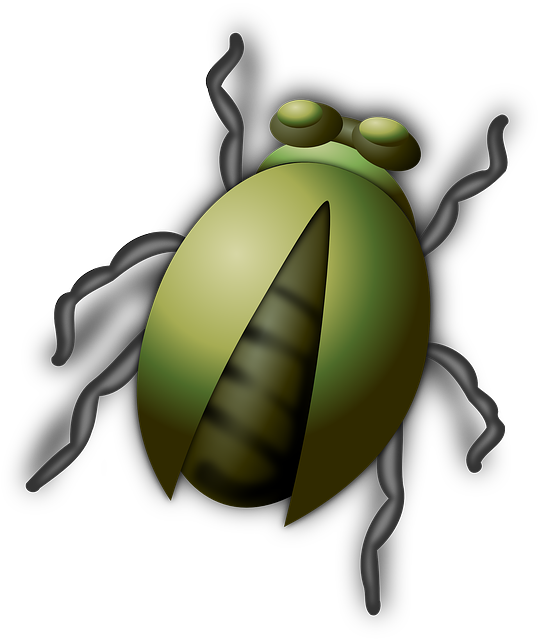
As seasons change, so do the habits and populations of home pests. Spring, for instance, brings warmer temperatures and increased rainfall, creating ideal conditions for many insects to breed and proliferate. This is when you might notice a surge in cockroaches, termites, and ants seeking entry into your home through cracks, gaps, or unscreened windows. Summer can be a peak season for mosquitos, flies, and spiders, making it crucial for homeowners to maintain regular bug exterminator services to keep these populations at bay.
Fall and winter, while cooler, do not spare pests entirely. Some species, like rodents and stink bugs, tend to seek shelter indoors during colder months. This shift in behavior requires proactive measures by bug exterminators to ensure your home remains pest-free. Regular inspections and seasonal treatment plans are essential strategies to protect against the cyclical nature of these invaders, ensuring a comfortable living environment throughout the year.
Preventative Measures: Securing Your Home Against Bugs

Bug control starts with preventing insects from entering your home in the first place. A bug exterminator recommends taking proactive steps to secure your property, such as sealing gaps around windows and doors with weatherstripping or caulk. Regularly inspecting and repairing damaged screens is also crucial. Maintaining a clean environment, especially in kitchens and bathrooms, goes a long way in deterring pests. Storing food in airtight containers and promptly cleaning up spills prevents attracting bugs looking for food sources. Additionally, keeping your lawn mowed and removing any standing water creates an inhospitable environment for bug reproduction.
Beyond physical barriers, proper disposal of waste and recycling materials is essential. Bug exterminators suggest placing bins far from the house and ensuring they are tightly sealed to prevent pest infiltration. Regularly trimming trees and shrubs around your home can also reduce hiding spots for bugs, making it harder for them to access your living spaces.
Choosing the Right Exterminator: Tips for Making an Informed Decision
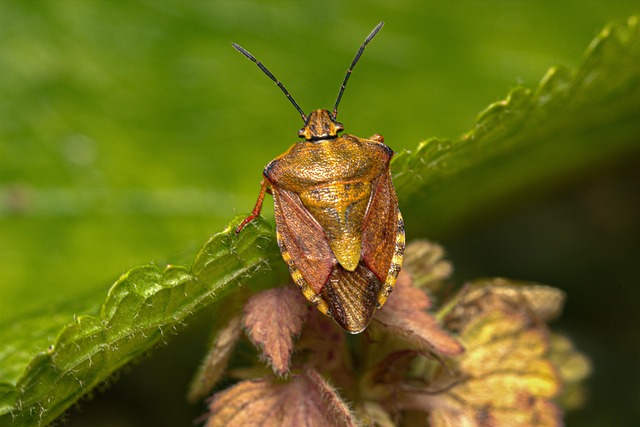
When selecting a bug exterminator for your home, it’s crucial to make an informed decision. Start by researching local companies and reading customer reviews to gauge their reputation and effectiveness. Reputable exterminators should offer comprehensive services, use environmentally friendly methods where possible, and provide clear communication about treatment plans and potential side effects.
Additionally, verify the technician’s qualifications and certifications from recognized pest control organizations. Ask about guarantees and follow-up visits to ensure the problem is fully resolved. A good bug exterminator will tailor their approach to your specific needs, providing peace of mind and a safer living environment.
